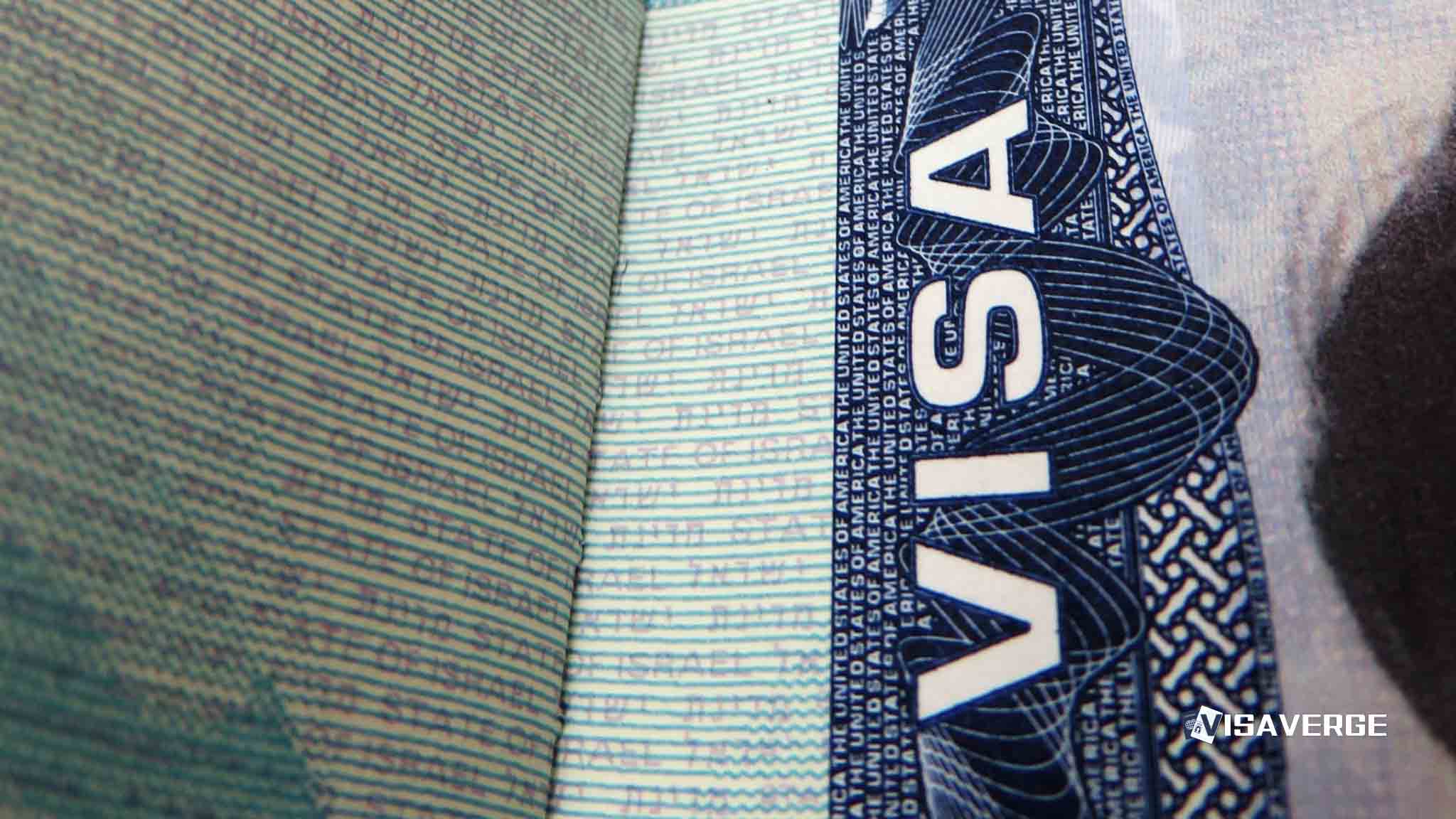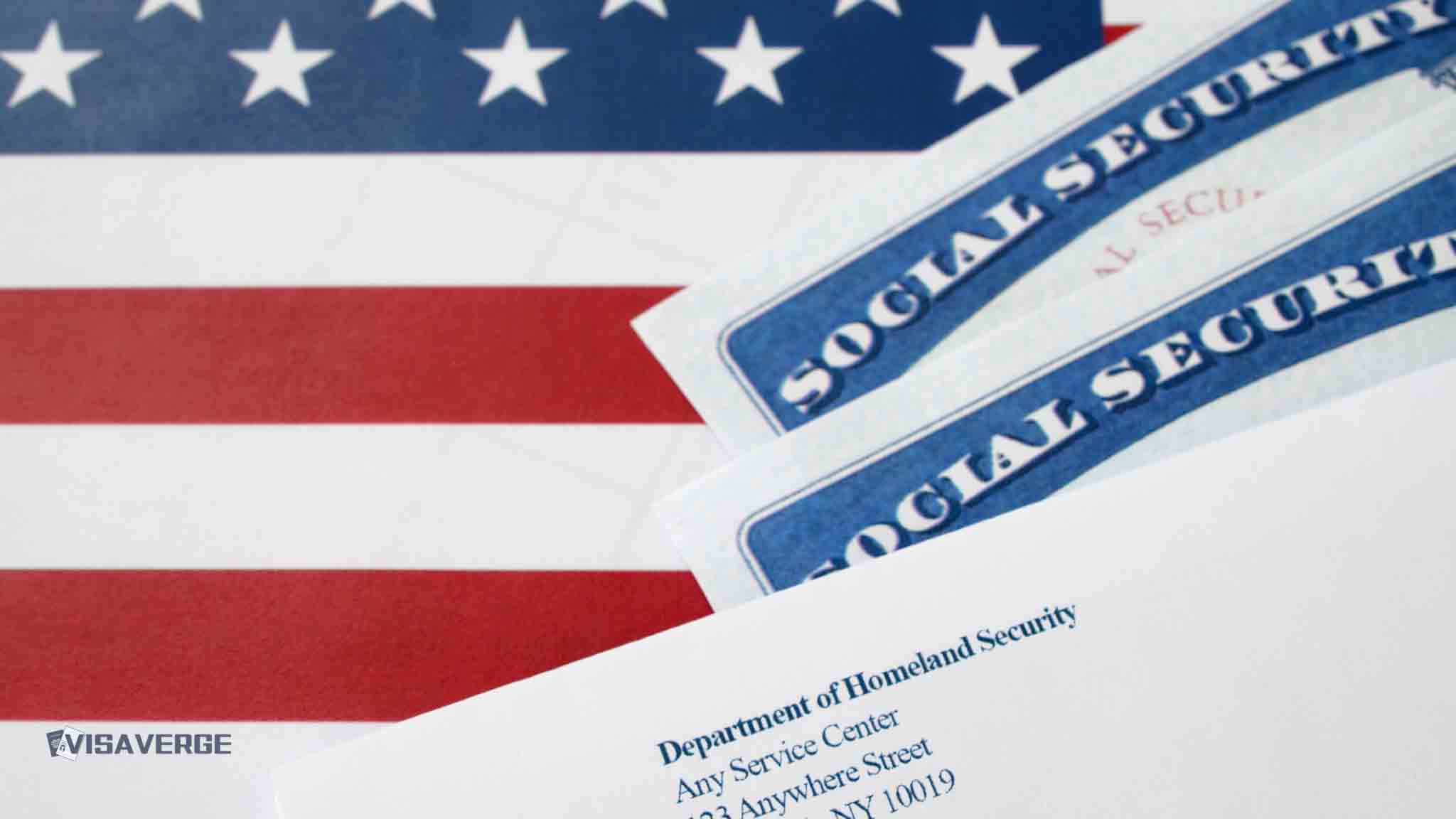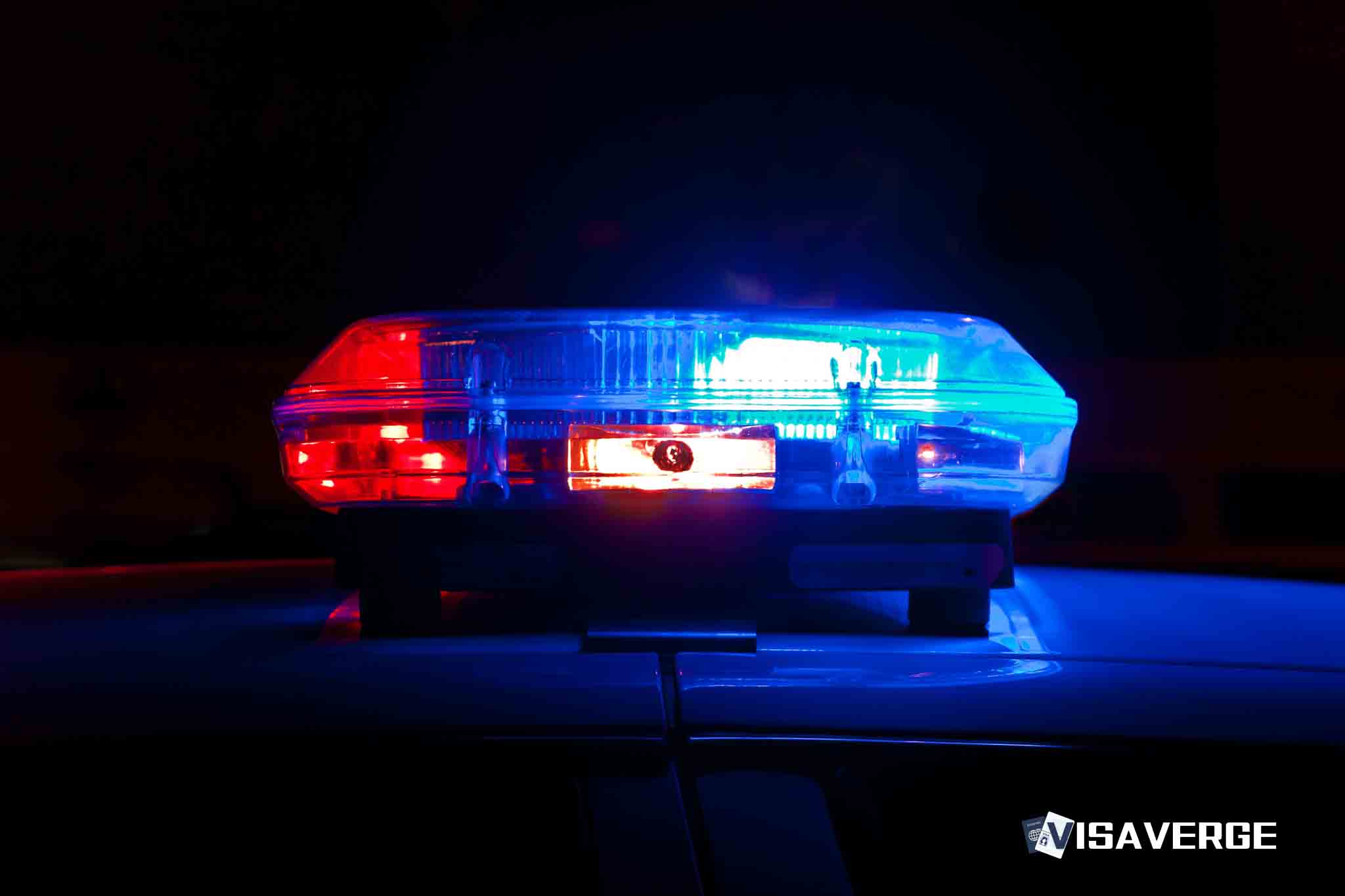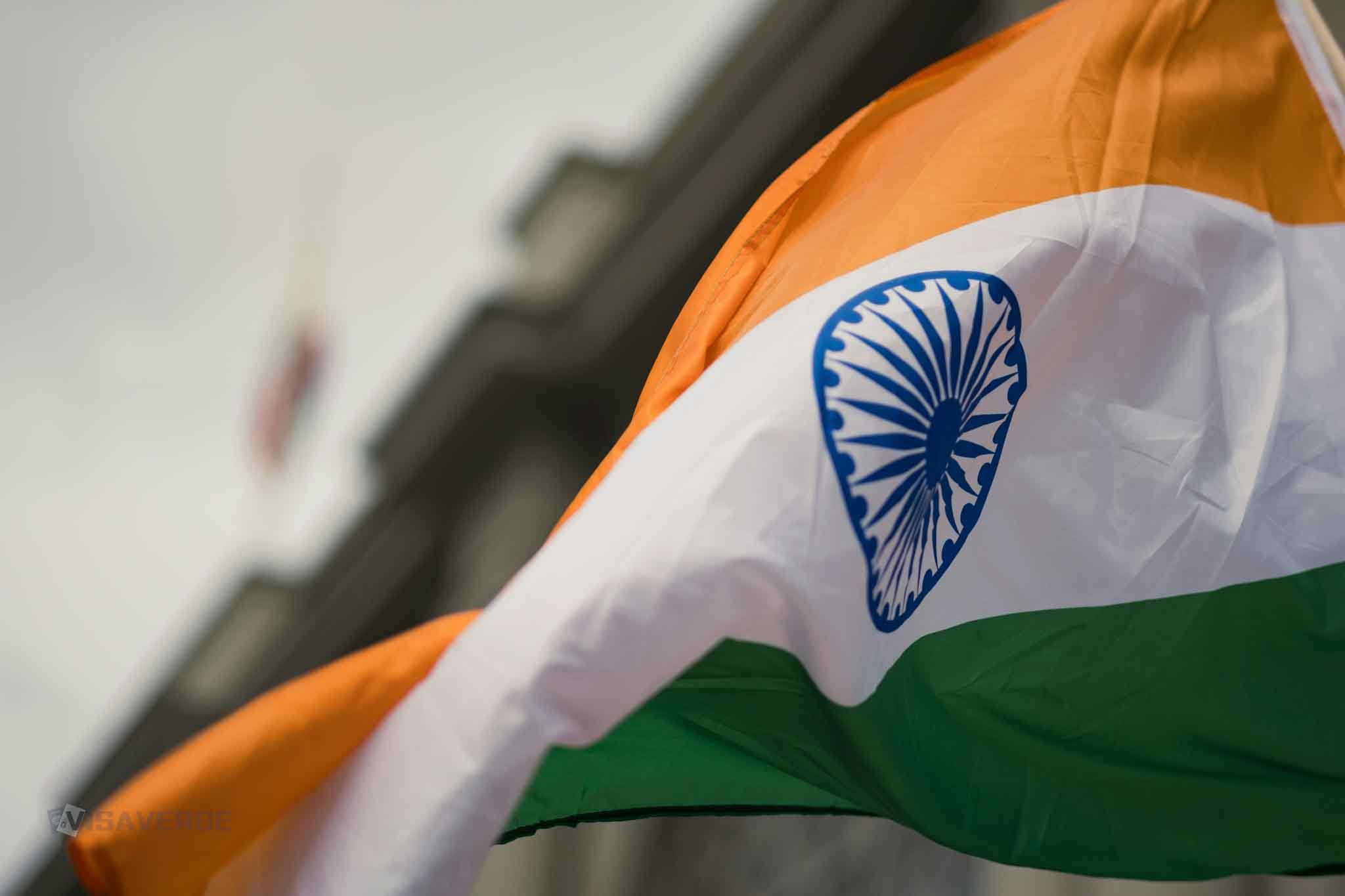(WASHINGTON, D.C.) Indian students are suing in federal court in Washington, D.C., challenging a sweeping U.S. crackdown on F-1 student visas that began in early 2025. They argue the government revoked visas without warning, due process, or clear reasons, forcing many to leave the United States 🇺🇸 mid-semester.
At stake are hundreds of lives upended, including many Indian students, and a fast-moving legal fight that could reset how federal agencies cancel F-1 status. The cases follow an April 2025 ruling in which a U.S. district court briefly restored the F-1 status of one student whose visa was revoked with no explanation — a lawsuit led by ACLU-NH.

What’s happening now
- In April, a federal judge granted temporary relief to an international student after the American Civil Liberties Union of New Hampshire (ACLU-NH) sued, marking the first known court pushback against mass cancellations.
- ACLU-NH says it plans broader actions, including possible class cases under the Administrative Procedure Act (APA), which allows people to challenge agency actions that are arbitrary or violate rules.
- Indian students have joined these efforts in D.C., filing suits that target the visa cancellations and the lack of notice and hearings.
Why the government is revoking visas
The State Department and other agencies cite national security and public safety under a January 20, 2025 executive order titled “Protecting the United States from Foreign Terrorists and Other National Security and Public Safety Threats.”
- Since early 2025, more than 500 student visas have been revoked, including many F-1 visas held by Indian nationals.
- Secretary of State Marco Rubio has said more than 300 student and visitor visas were pulled in recent weeks, showing how fast the campaign has expanded.
How revocations work now
Students report abrupt emails or texts saying their visas are canceled. At the same time, officials end their SEVIS records, which universities use to track status.
- With both visa and SEVIS status gone, students receive immediate departure orders — no grace period, no hearing.
- Many schools only learn about revocations after checking SEVIS, leaving little time to help.
Concerns about why visas are being pulled
Lawyers and advocates say some revocations are linked to:
– Students’ peaceful campus protest activity,
– Social media posts,
– Minor past issues such as traffic tickets.
Those reports raise fears the government is applying broad, unclear standards that may chill speech and punish protected activity. Legal analysts warn these actions may collide with constitutional protections, including First Amendment rights.
“The government must not cancel status arbitrarily and must follow due process.” — Ronald L. Abramson, chair of the Immigration Law Group at Shaheen & Gordon
Gilles Bissonnette, legal director at ACLU-NH, stresses the need to uphold international students’ rights and to stop agencies from working around legal safeguards.
Higher education leaders, including the American Council on Education, urge federal agencies to communicate more and explain how and why visas are being revoked. They warn the crackdown harms research labs, classrooms, and the wider campus community.
How the April court ruling matters
Immigration law experts see the April decision restoring one student’s status, even temporarily, as an important sign that courts may enforce due process in F-1 cases.
- It signals judges could require agencies to explain decisions and give students a chance to respond.
- That matters for Indian students and others seeking relief while they fight their cases.
Practical fallout for students and schools
- Students have withdrawn suddenly, abandoned housing leases, and lost on-campus jobs and research roles.
- Academic plans have derailed, especially for those near graduation or in funded labs that can’t pause projects.
- Some universities, like the University of Massachusetts Amherst, set up emergency funds — such as the Angel Fund — to cover legal and living costs tied to abrupt departures.
- International offices report heavy strain, as staff scramble to confirm SEVIS changes and answer panicked calls.
Current legal options
- File federal suits under the Administrative Procedure Act (APA) to challenge cancellations as arbitrary, capricious, or unlawful.
- Seek temporary relief from courts that could restore F-1 status while the case proceeds.
- Pursue class actions (ACLU-NH is exploring this) to address systemic issues and seek policy changes beyond individual fixes.
Immediate practical advice for affected students
- Save all records of communications and SEVIS updates (emails, texts, screenshots).
- Keep travel records and school letters.
- Contact your Designated School Official (DSO) immediately and your university’s international office.
- Consult an immigration attorney experienced with F-1 and federal litigation.
- If removed from the United States 🇺🇸, keep a stable address for mail and arrange secure ways to receive legal documents abroad.
Important: Quick action matters — preserve documentation and seek legal help promptly.
Policy context and shifts
The current practice departs from prior norms, when a visa revocation alone often did not end a student’s ability to remain in the U.S. to finish studies. Now:
- Visa cancellation and SEVIS termination happen together, forcing immediate exits.
- Universities argue this leaves no time to assess mistakes, correct data, or evaluate whether a student truly poses any risk.
What to watch next
- More lawsuits: Expect additional filings in D.C. and other districts as students seek relief and policy changes.
- Class actions: If certified, they could force clearer rules, notice, and review before revocations take effect.
- Federal guidance: Agencies may issue new instructions or refine how revocations are flagged and processed.
- Campus responses: Schools may expand emergency funds, legal referral lists, and communication protocols.
Possible solutions being discussed
- Require written notice with specific reasons for any F-1 revocation and a short response window.
- Allow continued study while a challenge is pending, unless there’s a verified, immediate safety risk.
- Create a clear appeal channel with timelines students and schools can follow.
- Improve agency-university coordination through SEVIS so schools can support students quickly.
Where to find official information and forms
- Bureau of Consular Affairs (State Department) — visa information and processing steps.
- Student and Exchange Visitor Program (SEVP) — policy guidance on student status and school reporting.
- USCIS — use the latest forms for benefit filings (Form I-20 confirmations and other documents).
- State Department Visa Services page on travel.state.gov for current government guidance.
The human impact
Consider a Ph.D. candidate from India who has spent five years developing a lab method only a few people can run. A sudden F-1 revocation stops the project, risks the grant, and may delay the entire lab’s timeline.
Another student, in year two of a master’s degree, loses campus housing within days and returns home, unsure if they can defend their thesis on time. Families who invested savings face uncertainty about tuition reimbursement and whether credits will transfer.
Broader stakes for the United States 🇺🇸 and India 🇮🇳
- International students contribute research skills, tuition, and cultural exchange.
- Sudden removals weaken labs and damage America’s reputation as a reliable study destination.
- For India, which sends large numbers of students abroad, these cases add stress for families planning education paths and financing.
As reported by VisaVerge.com, legal observers say the early court win and new filings could pressure agencies to clarify rules and restore a fair process. The next few months will show whether courts accept broader claims and whether federal officials refine how they apply the January 2025 order.
Immediate steps checklist for Indian students and others on F-1
- Save all records of communications and SEVIS updates.
- Contact your Designated School Official (DSO) right away.
- Seek counsel from an attorney experienced with F-1 visas and federal court litigation.
- Ask your school about emergency funds and documentation support.
- If traveling, confirm your status before departure to avoid reentry problems.
The legal fight is moving quickly. For now, students, universities, and advocates are leaning on the courts to restore fair process and keep education on track while the policy debate continues.
This Article in a Nutshell













